Some stories are told over and over again – why do Homer’s Odyssey and Shakespeare’s plays, for instance, keep drawing audiences in? Is it their tales of heroism, of good and evil, which fascinate us? The violence? The great love stories? Their literary quality? The reasons may be manifold, but the past seems to permeate the present. In this seminar, we want to read and analyze a selection of diverse texts – from Greek mythology to present-day popular culture – and look at the ways in which they have been adapted, often also to a new genre (e.g. novel to film, but also novel to graphic novel and novel to ballet). Our discussions will be accompanied by concepts from the fields of adaptation theory (for instance, Laurence Venuti and Pamela Demory), feminist and postcolonial theory, and a critical assessment of the term ‘literary canon’. We will begin with Madeline Miller’s feminist adaptation of different elements of Homer’s Odyssey, her novel Circe (2018), and end with Jeffrey Eugenides’ The Virgin Suicides (1999). Other texts include Shakespeare’s The Tempest in Marina Warner’s adaptation and modernization Indigo(1992), and the 2019 graphic novel adaptation of George Orwell’s Animal Farm (1945). What will emerge over the course of the semester is that the stories that are adapted are as relevant now as they have been when first published: they educate us about the dangers of power abuse, gender wars and the feminist and (post)colonial fight for independence.
- Trainer/in: Heidi Liedke
- Trainer/in: Evgeniia Maksimenko
